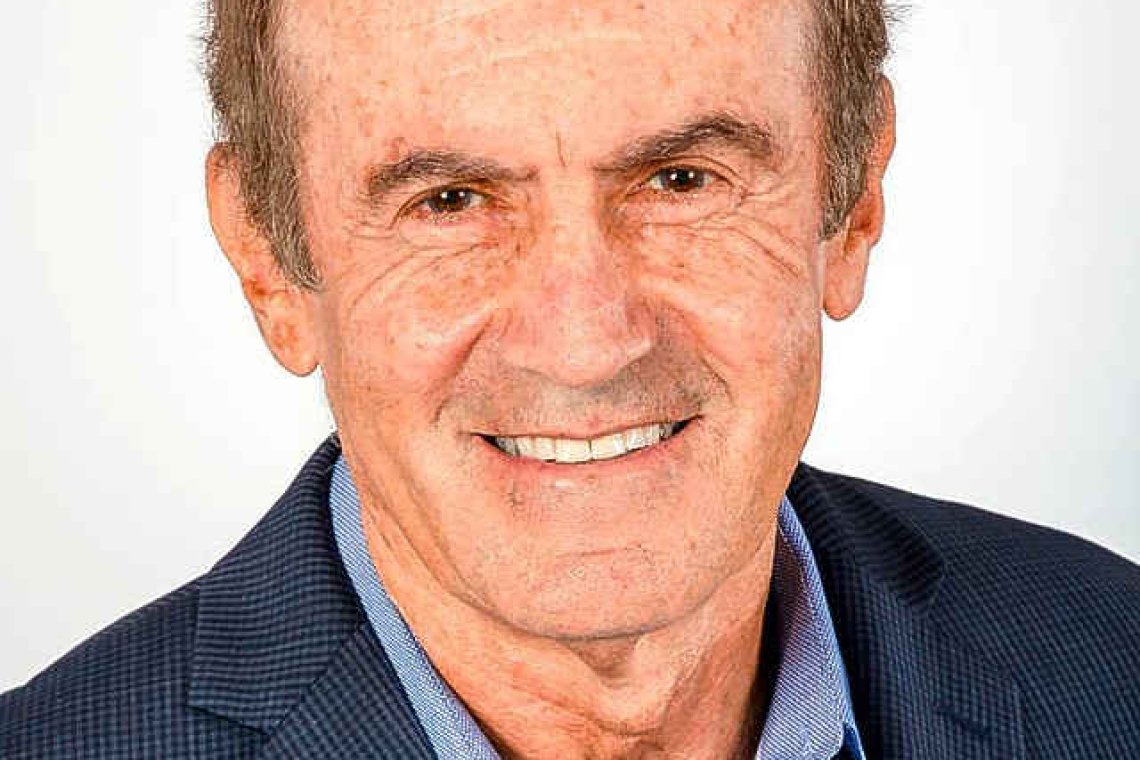By Andres Oppenheimer
Venezuela’s dictator Nicolás Maduro may find it harder than expected to steal the July 28 elections. Although he has done it before, new developments could mess up his plans to rig the vote.
In recent days, a surprise statement from Brazil’s leftist leader Luiz Inacio “Lula” da Silva, and the Brazilian president’s decision to send a high-level delegation to observe the voting, has put new pressure on Maduro to respect the election results. Lula, who has in the past abstained from criticizing the Venezuelan dictatorship, said Monday that Maduro “needs to respect the democratic process.” He added that, “when you lose, you go home and get ready to run in another election.”
Brazil and several other Latin American countries are worried that a new wave of civil unrest in Venezuela could drive millions more of Venezuelans to seek refuge in neighboring countries. Nearly 8 million Venezuelans have left the country in recent years.
The Brazilian delegation’s presence in Caracas on election day will be very important to help prevent a likely Maduro plan to rig the vote count, several opposition leaders told me. Maduro would pay a very high political cost if the Brazilian government — which he cannot accuse of being a U.S.-lackey — concluded that he stole the election, Maduro critics say.
“Lula’s statement is hugely important, because Brazil is Latin America’s leader, and because Lula is the democratically-elected leader who has the most influence on Maduro,” former Bolivian President Jorge “Tuto” Quiroga, who plans to travel to Caracas with a group of former presidents to observe the elections, told me. He added, Lula’s statement may be just the most recent of a string of surprise setbacks for Maduro, who had hoped to win his reelection for a third term by manipulating the electoral process.
Among other things, he banned top opposition leader Maria Corina Machado from running, denied voting registrations to 4.5 million Venezuelans living abroad, virtually excluded opposition candidates from appearing on TV networks, and intimidated opposition activists. Still, none of that seems to have worked.
Opposition candidate Edmundo Gonzalez Urrutia, who is backed by Machado, is leading in the polls by more than 20 points, according to recent separate surveys by the Datanálisis, Delphos, Consultores 21 and ORC polling firms. Gonzalez Urrutia told me in a recent interview that, everything else having failed, Maduro may try to manipulate the vote count on election night.
But that will be hard to do because the opposition will have poll watchers across the country. “My understanding is that we will have witnesses in 100% of the voting places,” he told me.
Maduro may try to rig the vote by announcing shortly before the scheduled closing of the polls at 6 p.m. that there are long lines of people waiting to cast their ballots in several places, and extending the voting time for several hours, opposition leaders told me. In the past, the Maduro regime used those night hours to stuff ballot boxes in remote areas with fake votes from people who are dead or living overseas.
To prevent that from happening, the opposition plans to have at least two observers with smart phones in every voting place, who will take pictures of the voting tallies and send them to data centers located in Caracas, Madrid and Washington. The phones will be able to send the pictures via VPN in case the regime shuts down internet services.
“The opposition has a very well-organized electoral observation system,” Quiroga told me. “Many people forget that Machado is an engineer who started out as an electoral data monitoring expert.”
Of course, if he sees himself losing, Maduro may yet concoct an excuse to suspend the elections, or ban Gonzalez Urrutia shortly before the vote. But, as Gonzalez Urrutia told me, “that would amount to an admission of defeat” by Maduro.
Granted, Maduro reelected himself fraudulently in 2018, and may try to do it again. But the opposition has learned its lessons. Maduro may face the dilemma of admitting a defeat, or manipulating the results so shamelessly that even some of his biggest allies in the region won’t be able to defend his charade.







